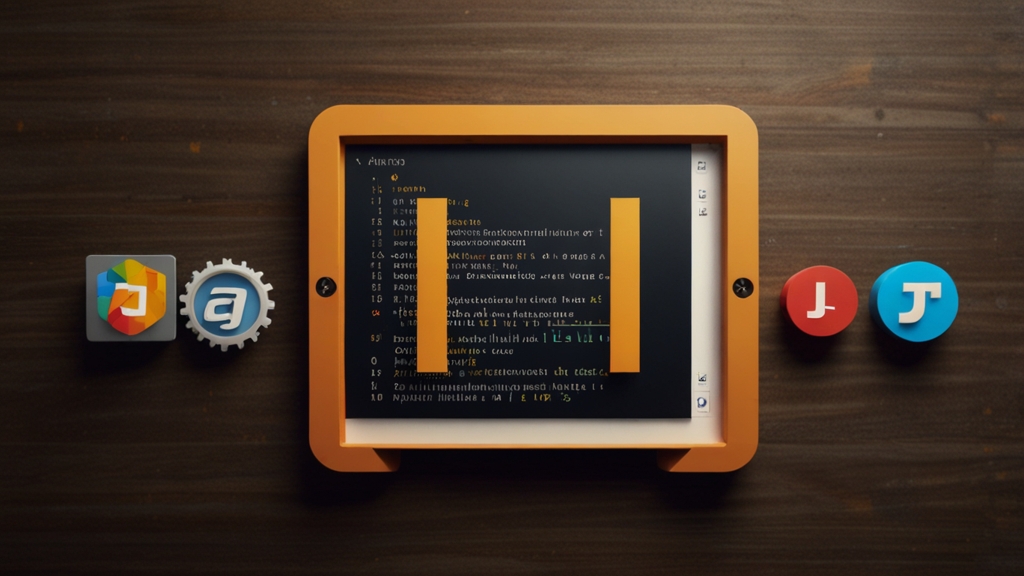Future-Proof Your Skills: Next-Gen Front-End Frameworks to Watch
The tech world is evolving at a lightning-fast pace, and staying current is crucial for any front-end developer looking to future-proof their skills. Knowing which front-end frameworks will stand the test of time can give you a significant edge in your career. Here, we’ll delve into some next-gen front-end frameworks that are making waves and are poised to become industry standards.
Svelte
Svelte is an innovative framework that has captured the attention of many developers due to its unique approach. Unlike traditional frameworks that run in the browser, Svelte shifts much of the work to compile time. This results in highly optimized, small-sized apps with minimal boilerplate code.
"Svelte changes the way we think about building and shipping applications, simplifying both the development process and the end result." – TechCrunch
For those looking to build lean, efficient applications, Svelte offers a forward-thinking solution that minimizes overhead while maximizing performance. The learning curve is gentle, making it easily accessible for newcomers and seasoned developers alike.
Solid.js
Solid.js is another rising star in the front-end landscape. Built with a focus on fine-grained reactivity, Solid.js boasts performance metrics that leave many competitors behind. Unlike other frameworks that use a Virtual DOM, Solid.js operates on a truly reactive model.
"Solid.js brings reactivity to a whole new level, providing an unparalleled user experience." – Web Developer Magazine
One of the standout features of Solid.js is its zero-cost reactivity. The framework efficiently updates only the necessary parts of the DOM, offering a snappy, lag-free user experience. If performance is a top priority for your next project, Solid.js is worth your attention.
Qwik
Qwik introduces a novel approach to building web applications with its "resumable" app architecture. It optimizes loading times by breaking down your app into tiny, loadable chunks. This allows for near-instantaneous interactions, even in complex applications.
The framework is designed with scalability in mind, making it a strong candidate for both small and large-scale projects. Qwik's fine-grained control over resource loading provides a significant performance boost, especially on mobile devices with limited bandwidth.
Astro
Astro is a modern framework that promotes the use of "Islands Architecture." This allows developers to build static websites that incorporate dynamic, client-side interactive components only where necessary. As a result, Astro offers both excellent initial performance and progressive enhancement.
"Astro’s approach to static site generation and dynamic interactivity is a game-changer for developers focused on performance." – Coding Weekly
Astro supports multiple front-end libraries, including React, Svelte, and Vue, giving developers the flexibility to choose the best tool for each component. Its emphasis on performance and developer experience makes it a compelling choice for modern web development.
Conclusion
The future of web development is exciting, and keeping your skills up-to-date with the latest frameworks will ensure you remain competitive in the job market. Svelte, Solid.js, Qwik, and Astro represent the forefront of innovation in front-end development, offering unique features and performance enhancements that address the needs of today’s web applications.
Whether you're starting a new project or looking to optimize an existing one, these next-gen frameworks provide powerful tools to help you build the future of the web. Stay ahead of the curve by exploring these technologies and incorporating them into your development workflow.












